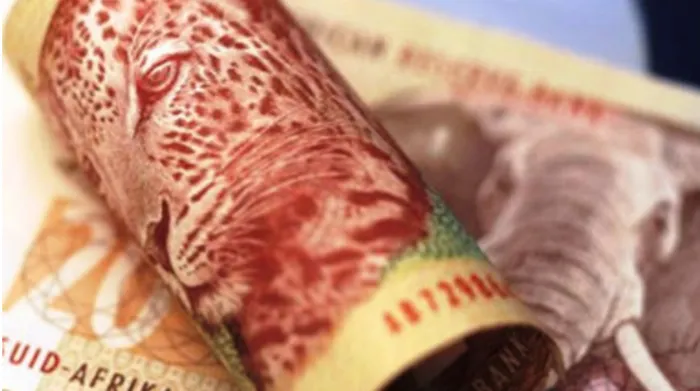The Rand manipulation case could change South Africa's financial future

The Constitutional Court is deliberating on the issue that stems from the Competition Commission which approached the apex court in order to appeal the Competition Appeal Court judgment in which it upheld the appeal by the majority of the respondent banks accused of price-fixing and division of markets.
Image: IOL Archives
The Big Mac Index suggests that the South African rand is about 52% undervalued. The measure of purchasing power highlights how inexpensive South African goods appear in dollar terms, but does this necessarily mean the currency is being deliberately weakened?
That question lies at the heart of the rand manipulation case now before the Constitutional Court, where the Competition Commission has appealed a ruling that cleared 13 international banks of fixing the rand’s value.
The apex court must now decide whether foreign financial institutions can be held accountable for conduct that allegedly distorted South Africa’s markets.
A ruling in the Commission’s favour would mark a major victory for accountability and market integrity, reaffirming that no institution operates above the law. For most South Africans, justice in the markets matters as much as the price of bread.
The rand manipulation saga dates back to 2015. Two years after that, South Africa’s economy was downgraded to junk status by ratings agencies Standard & Poor’s and Fitch, with Moody’s following suit in 2020. A consistently undervalued rand fuels higher inflation, erodes purchasing power, discourages foreign investment, and slows economic growth. At its worst, it triggers job losses, especially in sectors reliant on imports or international markets.
Some argue that there are silver linings; a weaker rand makes exports cheaper and attracts tourists who find South Africa an affordable destination. Yet even those benefits have limits. The influx of digital nomads, for example, has driven up property prices in cities such as Cape Town, squeezing the middle class out of the urban housing market.
Just as the Madlanga Commission and the ad hoc committee investigating state capture in the justice system deserve public scrutiny, so too does the Competition Commission’s case before the Constitutional Court. The outcome will signal whether South Africa can hold powerful global players accountable and whether fairness in the economy is more than just a slogan.